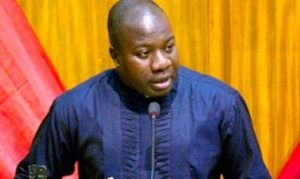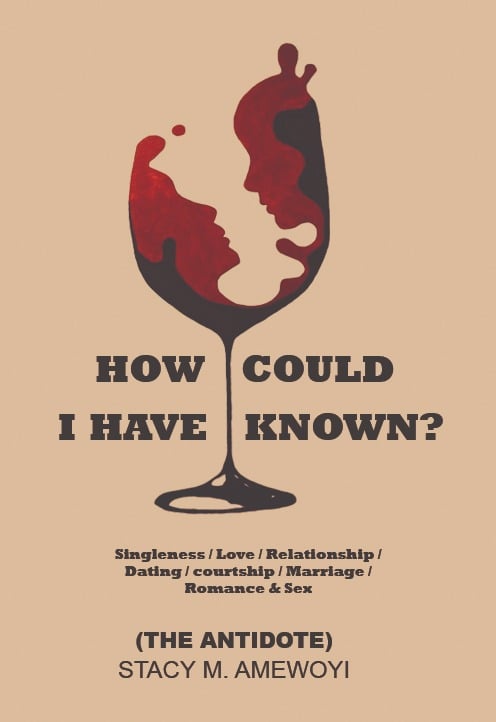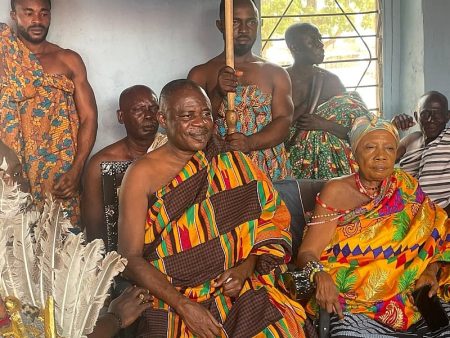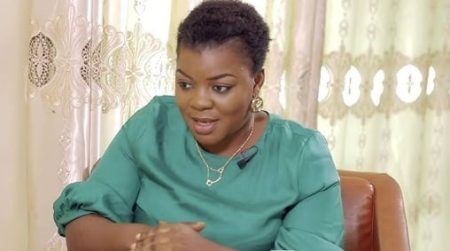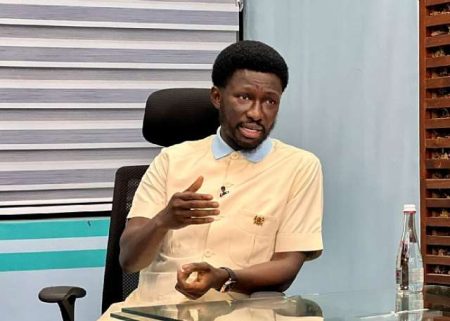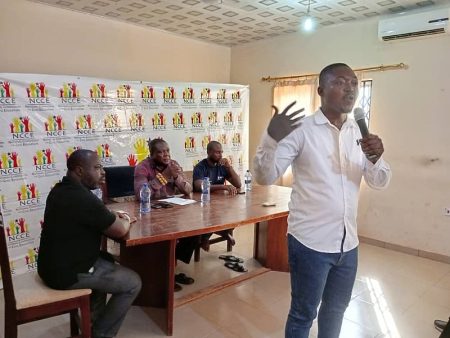In her latest memoir, How Could I Have Known?, Stacy M. Amewoyi invites readers to delve into the intricate emotional landscapes of love, family, and personal growth. As a prominent Ghanaian-born author, entrepreneur, and philanthropist, Amewoyi utilizes this narrative to illuminate the challenges individuals face when navigating relationships. The memoir serves not only as a personal account of her struggles but also as a reflective exploration of adversity and resilience. Through her work, Amewoyi aims to empower others and foster a deeper understanding of healing, inviting readers to explore their own journeys of love and loss.
The book commences with the poignant narrative of a couple, Nana and Akua, whose relationship epitomizes the evolution of love from a passionate connection to a state of indifference. Initially enveloped in youthful enthusiasm and dreams of a blissful future, they find themselves ensnared by the burdens of responsibilities and mounting stress. In the evocative Chapter 1, "How the Marriage Shoes Fit No More," Amewoyi vividly portrays the shift from shared joy to sorrow, likening the emotions of the couple to wearing shoes that no longer fit—a powerful metaphor for feelings of discomfort and alienation in a once-thriving relationship. This imagery resonates throughout the memoir, as Amewoyi emphasizes the universal nature of such experiences in the realm of romantic partnerships.
As tensions rise between Nana and Akua, Amewoyi skillfully examines the critical role of communication in their relationship’s decline. The couple frequently finds themselves locked in unproductive arguments, characterized by Nana’s silence and Akua’s quest for open dialogue. A pivotal moment unfolds when Nana expresses his feelings of invisibility, asserting, "You don’t even see me anymore!" This outburst encapsulates their struggles with feeling disconnected and misunderstood. Amewoyi underscores the significance of honest communication, arguing that the absence of emotional expression creates an unstable foundation for any relationship, ultimately fueling misunderstandings and leading to emotional detachment.
As the narrative progresses, readers witness the unraveling of Nana and Akua’s connection, exacerbated by work-related stress and financial difficulties. Amewoyi captures their emotional turmoil during a heart-wrenching discussion, where both partners reveal deep-seated fears and frustrations. The dialogue serves as a wake-up call, illustrating the couple’s willingness to confront their issues and underscoring the fragile resilience of love. Amewoyi artfully depicts this moment of vulnerability as a critical turning point, igniting a flicker of hope amid despair—a testament to the possibility of restoration even in the darkest times.
The memoir further investigates the psychological layers underlying their struggles, particularly in Chapter 5: "Psychological Trauma." Amewoyi thoughtfully addresses how past traumas and unresolved pain can seep into contemporary relationships, perpetuating cycles of negative behaviors. Both Nana and Akua wrestle with their emotional histories: Nana grapples with the impact of childhood neglect, while Akua confronts her upbringing, where her voice was often stifled. Amewoyi advocates for acknowledging and addressing personal pain as a vital step towards healing and suggests that responsibility plays a crucial role in nurturing relationships. Her candid reflections prompt readers to examine their journeys, fostering critical conversations around mental health and emotional well-being.
In How Could I Have Known?, Amewoyi emphasizes that vulnerability and open communication are essential for couples seeking to navigate the complexities of their relationships. Through practical strategies outlined in the memoir, she provides guidance on creating safe spaces for expression and encourages the importance of therapeutic intervention. The couple’s engagement in therapy reflects their commitment to healing and rebuilding their bond. Amewoyi articulates the notion that vulnerability is not weakness but a profound strength that encourages deeper intimacy—a lesson that resonates throughout the memoir and inspires hope for readers facing similar challenges.
The conclusion of Amewoyi’s memoir serves as a powerful affirmation of resilience and the enduring strength of love. As Nana and Akua recommit to one another, recognizing that cultivating love requires conscious effort and choice, their story evolves into one of redemption and personal growth. The narrative ultimately reinforces the concept that healing is a nonlinear journey, marked by setbacks and triumphs. Through her heartfelt storytelling, Stacy M. Amewoyi leaves readers with lasting insights into the human experience of love, loss, and the pursuit of self-discovery, inviting all to reflect on their relationships and the profound lessons they might hold. How Could I Have Known? is a compelling memoir not only for those navigating the intricacies of marriage but for anyone seeking understanding and connection in their experience of life.


